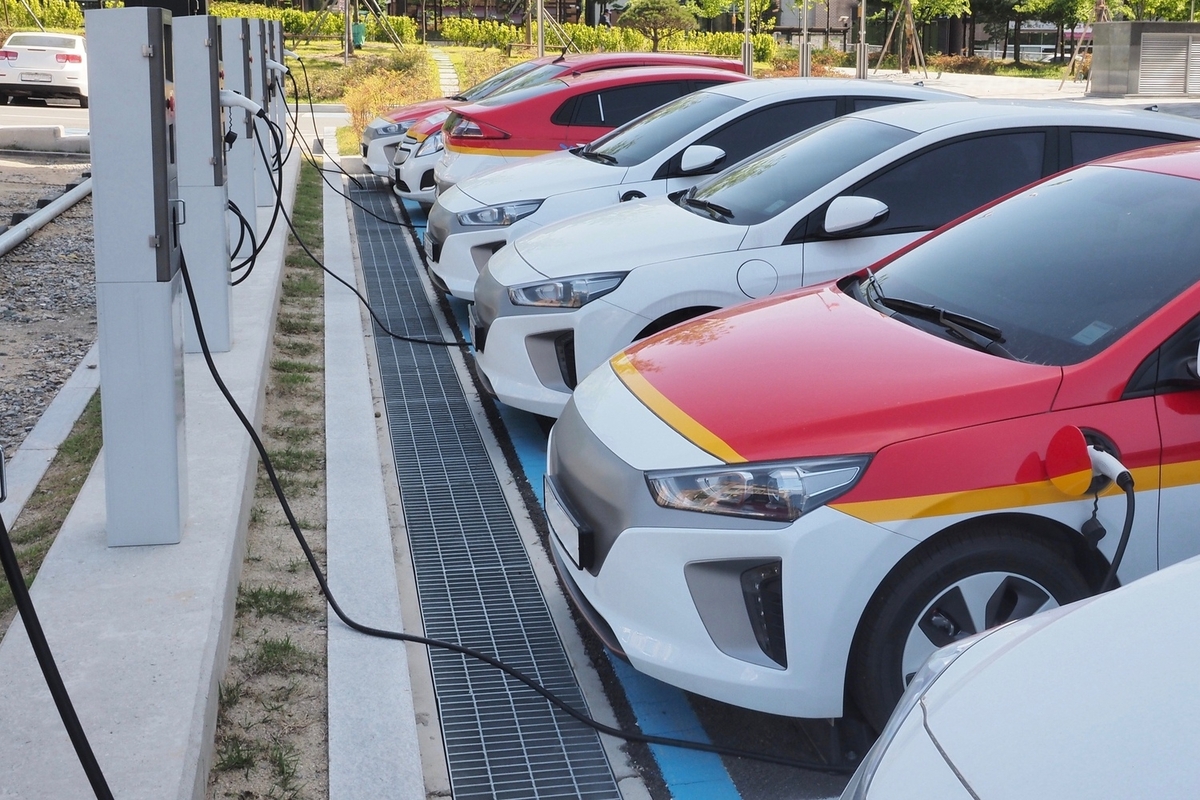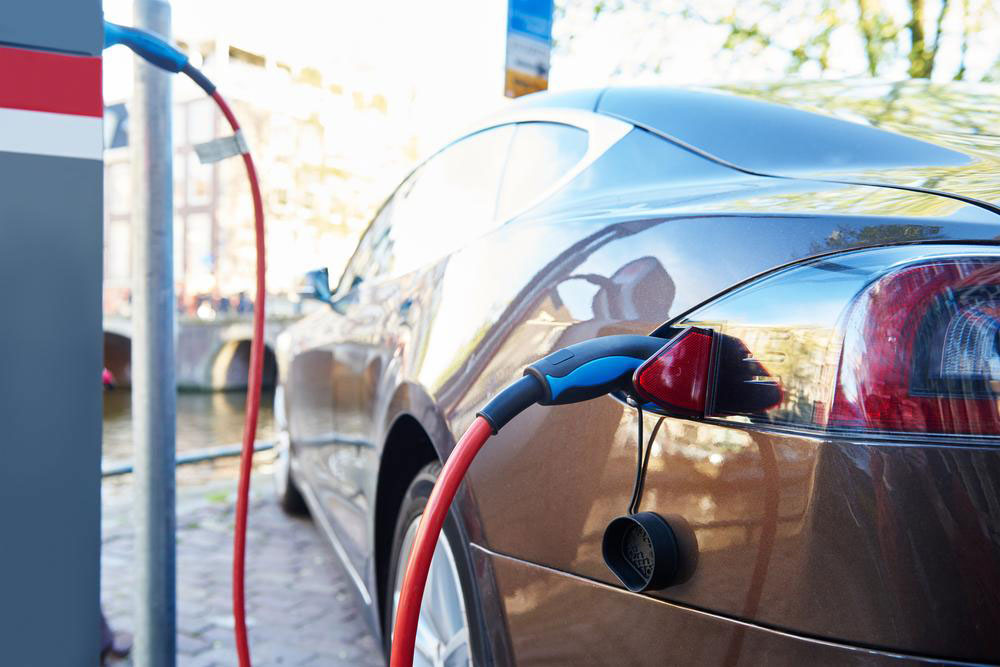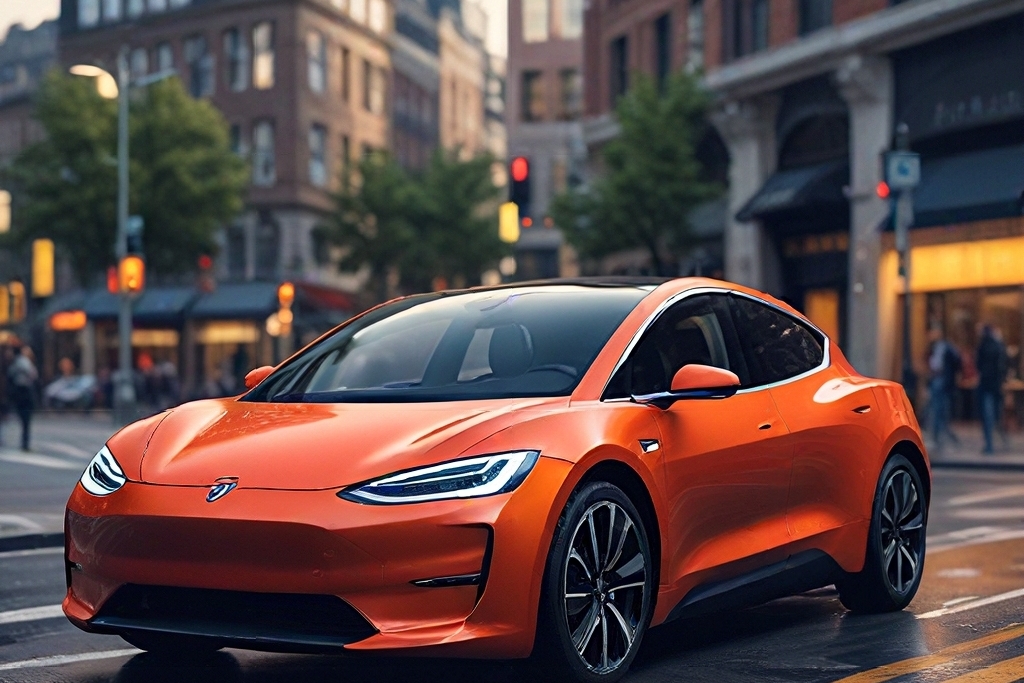Comprehensive Guide to Costs and Expenses of Electric Vehicle Ownership
This comprehensive guide explores the total costs involved in owning an electric vehicle, including purchase price, maintenance, charging expenses, insurance, and depreciation. It offers valuable insights into popular EV models like Tesla Model 3, Nissan Leaf, and Chevrolet Bolt, helping consumers make informed, cost-effective decisions in the growing EV market. The article highlights advantages, financial incentives, and long-term benefits of electric cars, supporting the shift towards sustainable transportation options.

Comprehensive Guide to Costs and Expenses of Electric Vehicle Ownership
Electric vehicles (EVs) have rapidly gained popularity worldwide as an environmentally friendly alternative to traditional gasoline-powered cars. With governments across the globe actively promoting cleaner transportation options, the adoption of EVs continues to accelerate. While many are eager to join the electric revolution, prospective buyers often have questions about the total costs associated with owning an electric vehicle. This detailed guide aims to clarify all aspects of EV ownership expenses, including purchase prices, maintenance, charging costs, insurance premiums, depreciation, and more. By analyzing various popular models and comparing their costs, consumers can make well-informed decisions tailored to their needs and budgets.
Why Choose Electric Vehicles? Key Benefits
Understanding what makes EVs increasingly appealing helps buyers appreciate their value. Beyond environmental considerations, electric cars offer significant advantages:
Environmental Impact: EVs produce zero tailpipe emissions, dramatically reducing air pollutants and lowering overall carbon footprint, making them an essential part of sustainable transportation initiatives.
Cost Savings on Running Costs: Charging an EV at home typically costs less than fueling a gasoline vehicle. Additionally, electric cars require less routine maintenance due to fewer moving parts, which leads to lower overall expenses over their lifetime.
Government Incentives and Financial Benefits: Many governments offer tax credits, rebates, and incentives that help offset the higher initial purchase price of EVs, making them more accessible.
Enhanced Driving Experience: Electric cars provide quieter, smoother rides with instantaneous torque, resulting in quick acceleration, less noise pollution, and more comfort for drivers and passengers.
While these advantages are compelling, it remains essential to understand the full scope of ownership costs, including the price tag, charging infrastructure, maintenance, insurance, and resale value. Recognizing these factors allows consumers to evaluate the true affordability and practicality of electric vehicles in their daily lives.
Major Factors Influencing the Total Cost of EV Ownership
Several core aspects impact the overall expenses associated with owning an electric vehicle. Below is an in-depth explanation of each key factor.
1. Purchase Price and Initial Investment
The initial cost of EVs is generally higher than comparable internal combustion engine (ICE) vehicles, primarily due to the expensive batteries that power electric cars. The lithium-ion batteries constitute a significant portion of the vehicle’s cost. However, as battery production scales up and technology advances, prices are steadily decreasing, making newer models more affordable. Additionally, many governments provide substantial incentives, tax credits, and rebates, which help offset the initial purchase price and make EVs financially more attractive.
2. Battery Life and Replacement Costs
The durability and longevity of EV batteries are critical considerations. Most modern batteries last between 8 to 15 years, depending on usage and maintenance. Manufacturers often offer warranties covering 8 years or up to 100,000 miles, ensuring peace of mind for owners. The cost of replacing a battery has historically been substantial but is rapidly declining due to technological advancements and increased manufacturing efficiencies. As a result, future battery replacements are becoming more affordable, reducing long-term ownership concerns for EV owners.
3. Charging Expenses and Infrastructure
Charging is a vital component of EV ownership expenses. Home charging, which most owners prefer, typically costs around $0.13 to $0.15 per kWh, translating into significant savings compared to gasoline. The cost varies depending on local electricity rates and the charging station type. Public charging stations may charge higher fees, especially for fast-charging services, but they still generally remain cheaper than fueling a conventional vehicle. Investing in a home charging station can provide added convenience and cost savings, further increasing the practicality of EV ownership.
4. Maintenance and Service Costs
One of the most attractive aspects of EV ownership is reduced maintenance. Electric vehicles lack an internal combustion engine, exhaust system, oil changes, and many other traditional service items. Brake systems also last longer thanks to regenerative braking systems. On average, EV owners spend approximately 30-50% less annually on maintenance compared to similar gasoline-powered vehicles. Routine checks, tire replacements, and software updates are the primary maintenance tasks, keeping ownership costs low and predictable.
5. Insurance Premiums
Insurance premiums for EVs tend to be higher initially because of their higher purchase prices and expensive components such as batteries. However, as EVs become more mainstream, insurance costs are gradually decreasing. The cost depends on the vehicle model, driver history, and coverage options. Comparing quotes from different providers can help owners find affordable rates, and many insurers now offer specialized policies for electric vehicles, recognizing their unique features and reduced repair costs for some models.
6. Resale Value and Depreciation
Resale value is an essential aspect of EV ownership economics. Historically, electric cars depreciated faster than traditional vehicles, primarily due to battery life concerns and market perceptions. However, popular models like the Tesla Model 3 retain their value better owing to their advanced battery technology, software updates, and brand recognition. The rapid growth of electric vehicle adoption, coupled with improvements in battery longevity and technology, is gradually shifting depreciation trends, making EVs more attractive for long-term investments.
In addition to the above, it's vital to consider other ongoing costs like registration fees, potential warranties, and any roadside assistance. Factoring in these expenses gives a clearer picture of the true cost of EV ownership over extended periods.
Comparison of Popular Electric Vehicle Models: Pricing and Cost Breakdown
Below, we explore some of the most prominent electric vehicle models available today, highlighting their prices, travel range, maintenance costs, warranties, and insurance premiums. This comparison provides valuable insights to prospective buyers seeking options that align with their budgets and driving lifestyles.
| Brand | Model | Price Range (USD) | Range per Charge (Miles) | Annual Maintenance | Battery Warranty (Years) | Insurance (Annual) |
|---|---|---|---|---|---|---|
| Tesla | Model 3 | $35,000 - $55,000 | 250 - 350 | $400 - $600 | 8 - 10 | $1,200 - $1,500 |
| Nissan | Leaf | $28,000 - $38,000 | 150 - 226 | $300 - $500 | 8 | $1,000 - $1,300 |
| Chevrolet | Bolt EV | $26,000 - $38,000 | 259 | $300 - $500 | 8 | $1,000 - $1,200 |
| Ford | Mustang Mach-E | $43,000 - $61,000 | 230 - 312 | $400 - $600 | 8 | $1,200 - $1,500 |
| Audi | e-tron | $65,000 - $85,000 | 222 - 250 | $500 - $800 | 8 | $1,500 - $2,000 |
| Volkswagen | ID.4 | $40,000 - $46,000 | 250 - 300 | $400 - $600 | 8 | $1,200 - $1,500 |
| BMW | i3 | $45,000 - $50,000 | 153 | $400 - $600 | 8 | $1,300 - $1,700 |
Tesla Model 3
Price: $35,000 - $55,000
Range: 250 - 350 miles
Maintenance: $400 - $600 annually
Warranty: 8-10 years
Insurance: $1,200 - $1,500
The Tesla Model 3 is highly regarded for its impressive range, cutting-edge technology, and strong resale value, making it a bestseller among electric vehicles.
Nissan Leaf
Price: $28,000 - $38,000
Range: 150 - 226 miles
Maintenance: $300 - $500 annually
Warranty: 8 years
Insurance: $1,000 - $1,300
The Nissan Leaf is an excellent entry-level EV offering affordability and efficiency for daily commuting needs, though with a shorter driving range compared to higher-tier models.
Chevrolet Bolt EV
Price: $26,000 - $38,000
Range: 259 miles
Maintenance: $300 - $500 per year
Warranty: 8 years
Insurance: $1,000 - $1,200
The Bolt EV provides a strong balance of price, range, and reliability, making it ideal for budget-conscious consumers seeking dependable electric transportation.
Ford Mustang Mach-E
Price: $43,000 - $61,000
Range: 230 - 312 miles
Maintenance: $400 - $600 annually
Warranty: 8 years
Insurance: $1,200 - $1,500
The Mustang Mach-E offers a blend of stylish design, versatile performance, and impressive range, appealing particularly to families and urban drivers seeking a sporty yet practical electric SUV.
Overall, owning an electric vehicle involves more than the initial purchase price. While the upfront costs may be higher, savings on fuel and maintenance, along with technological improvements, are making EV ownership increasingly accessible and attractive. The decision to buy an EV should consider personal driving habits, desired range, budget constraints, and available incentives. From compact models to spacious SUVs, the market offers a diverse range of options suitable for various lifestyles and preferences. As technology continues to evolve and charging infrastructure expands, electric vehicles are poised to become the dominant choice for environmentally conscious consumers worldwide.
References:
Tesla Official Website
Nissan Leaf Information
Chevrolet Bolt EV
Ford Mustang Mach-E
Audi e-tron
Volkswagen ID.4




